Breast Pain
There is a reason for every pain and discomfort we experience in our body. Finding the reason for the breast pain can sometimes be very difficult.
If you are suffering from breast pain, it is important to get medical assistance in this situation. Sometimes a reason can be a very mild medical condition, and sometimes, a very serious one. This condition may produce further complications, so consulting a professional is an obligation to you.
- Many a time, it is not possible to determine the exact cause of such breast pain. However, it is generally believed that in the majority of cases, such breast pain is not a sign of cancer. Still, professionals recommend a detailed medical review with proper history and physical exam done by a primary caregiver to rule out any such possibility.
- Cyclic Mastalgia - Breast pain that is associated with the menstrual cycle due to hormonal variation often associated with breast swelling, tenderness, and lumpiness and generally bilateral in nature. Pain intensifies a couple of weeks before the start of periods, decreasing on the day when bleeding starts and subsides over the next few days. Most commonly seen in premenopausal women in the third or fourth decades of life.
- Non-Cyclic Mastalgia - Breast pain that is not associated with the menstrual cycle and does not vary with hormonal changes in the body. Instead, they are often related to internal anatomical changes, injuries, surgery, infections, or sometimes associated with other breast pathology, i.e., breast cysts or fibroadenoma. These are generally described as a localized sharp, burning breast pain. They are unilateral, constant, or intermittent, affecting one breast with a pinpoint localized area of involvement. Most likely affect women in their 30s and 50s.
- Extramammary Mastalgia - It refers to the breast pain that is originating from a location outside the breast, such as the heart, lung, chest wall, or the esophagus. Extramammary breast pain feels as if it starts in the breast tissue, but in fact, it is a referred pain having its origin somewhere else. For example, pain originating from the chest wall (costochondritis), epigastric pain in GERD, or pain of gallbladder and stomach disease can be referred to give a false impression of breast pain.
- The exact etiology of mastalgia remains undefined. However, increased sensitivity of breast tissue towards the hormonal variation during the menstrual cycle plays a vital role in the development of cyclic mastalgia. Moreover, this cyclic pain often abates with pregnancy or menopause, which further strengthens the etiologic role of hormonal fluctuations.
- Mastalgia is considered to be the most common breast complaint with which a female presents in her reproductive age. About 70 percent of women in the US suffer from this condition during their lifetime, out of whom only 30 percent seek medical help. The peak age of incidence for cyclic mastalgia is 20 to 40 years of life. The incidence decreases with increasing age and early pregnancy and is less commonly found in postmenopausal women.
Causes
However, we can state several most common causes of breast pain in women.The first one is neuropathy. The Mayo Clinic explains that a possible danger of nerve damage may occur, which will endanger the communication between the body and the brain. There may also be a certain change in body function, decreased, increased or just not normal.
Neuropathy, diabetes, diabetic neuropathy and various sclerosis can produce this sensory sensation in a female breast. The pain in the breast, which can be described as tingling, burning, itching or prickling, can suggest a condition called paresthesia. This medical condition usually happens without any physical cause, but it generally occurs when nerve damage exists.
The next cause of the pain in the breast can be a condition connected with the bones. This disease functions in the way which will now be described. Our bones have metabolism and they change. When the metabolism is altered, the new bone cannot be recycled. This inability to recycle an old bone into a new bone is named Paget's disease. All of this results in very frail bones which can be broken very easily. Paget's disease induces burning emotion in the breast, redness, nipple discharge, flattened or inverted nipple, itching and a lump on the areola or nipple.
Some researchers have found that a sensation in the female breast may be induced by exposure to some heavy metals or trauma to the nerves. We have already mentioned a possible reason for this sensation, diabetes. To diabetes, we can also add too much pressure put on the nerve or this nerve's spinal attachment. These conditions produce the experience of pins and needles, burning or tingling emotion. The nerve entrapment can also produce just stated symptoms.
A cerebrovascular event can be blamed for breast pain. This condition causes the interruption of the brain's blood supply. It causes the injury and death of cells in a distinct location. The symptom is a burning sensation.
If you are experiencing swelling, pain and tenderness of your breasts, and you have silicone implants, then these symptoms may indicate possible damage to the implants. But if you are having this problem, don't be scared by the thought of breast cancer. Visit your doctor in order to get a valid diagnosis.


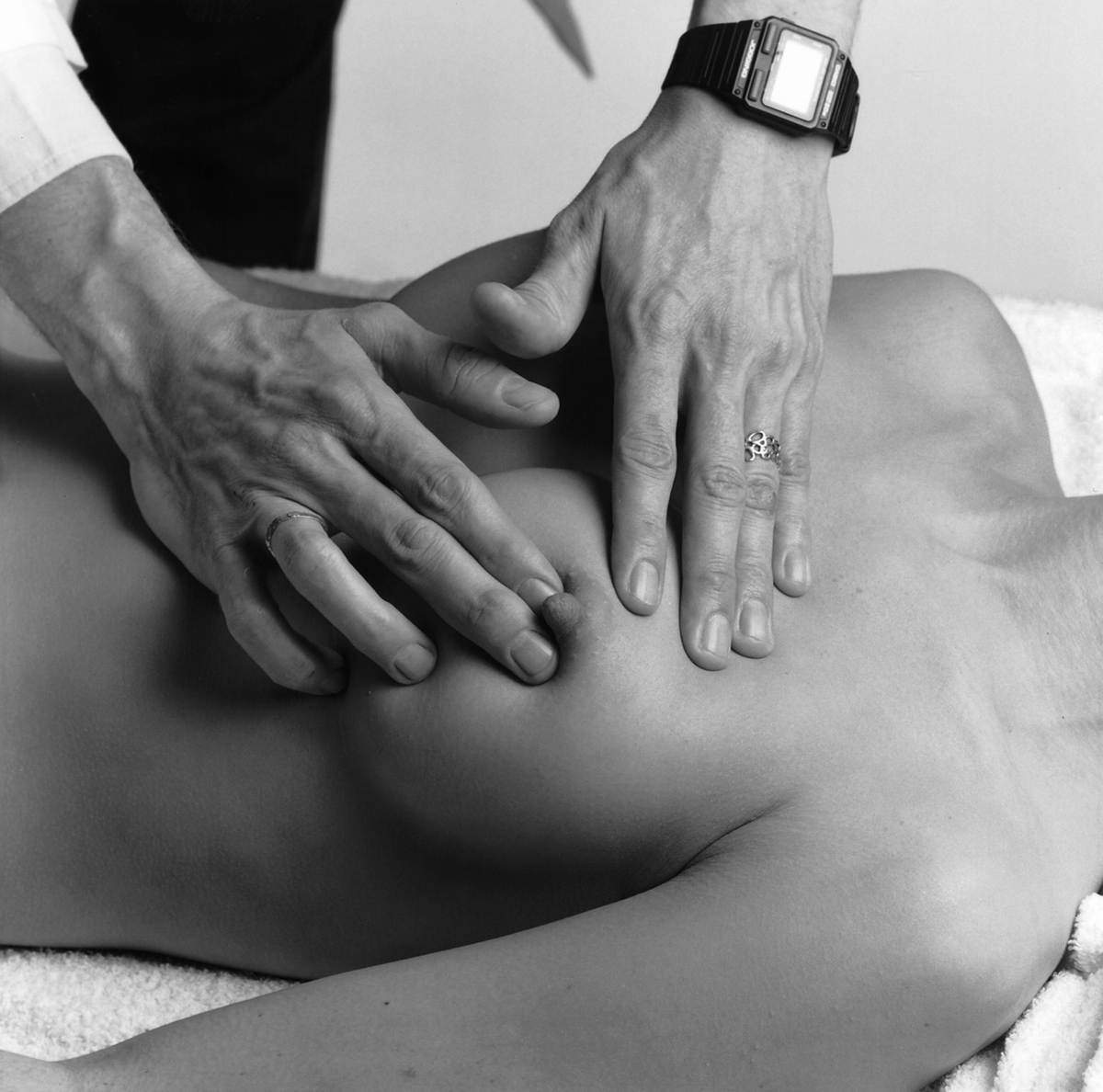
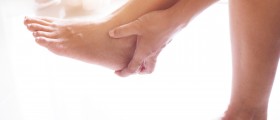

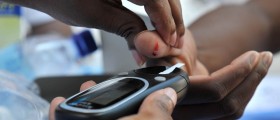

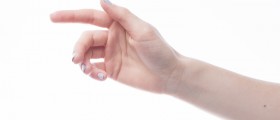
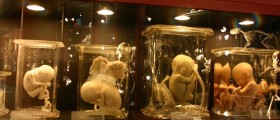
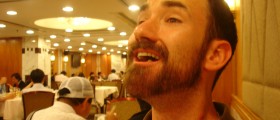


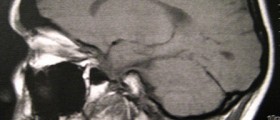

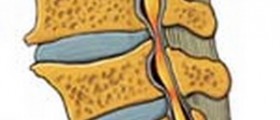
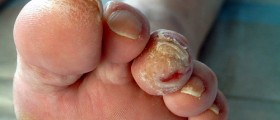
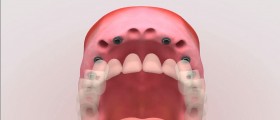
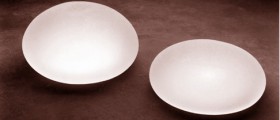
Your thoughts on this
Loading...